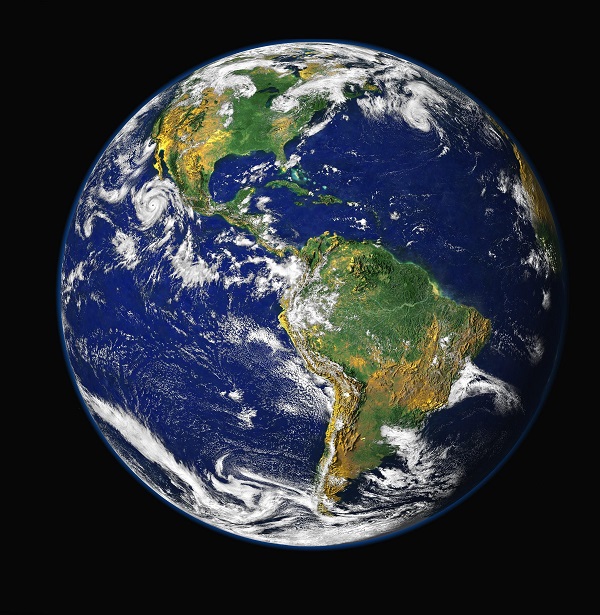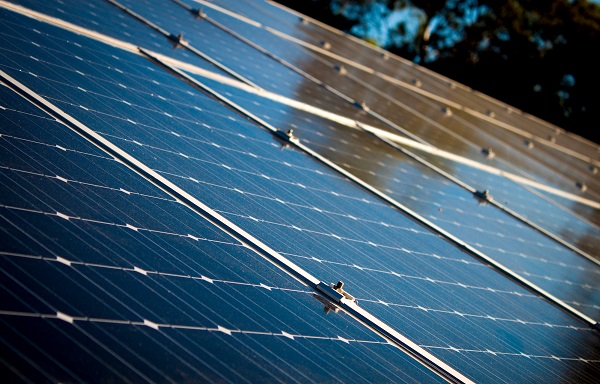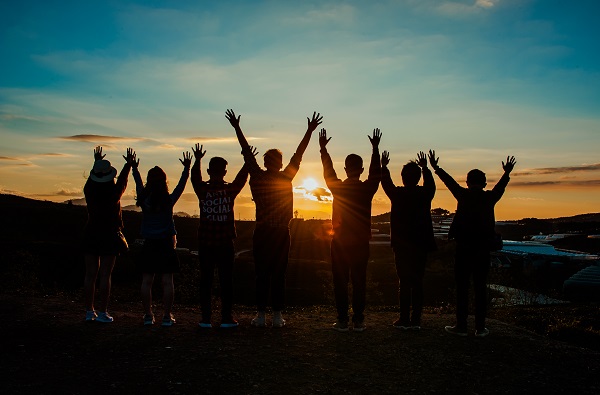Most people seem to glaze over when they are confronted with talk about the environment. Whether it is because they don’t care or have no idea where to even start to help, is unclear. Because of popular media, humanity has become massive fans of ‘the big gesture’: think flash mobs, skywriting, avocado marriage proposals (yes that is a thing, and we are sorry you now know about it). Maybe that’s why when the environment is talked about, people don’t want to engage; they think they have to change their whole lives (a big gesture) to make an impact on the environment, when in fact that couldn’t be further from the truth.

The World Wide Fund for Nature’s Earth Hour started out as a way to garner awareness of the damage we are doing to the environment. The first one was a symbolic lights out for an hour in Sydney in 2006, but it slowly became a worldwide movement now practiced in more than 187 countries. While turning off your electricity for an hour does save energy (and Eskom needs all the help it can get), participating in Earth Hour is figuratively making a pledge to try and live a more sustainable life. Key areas the WWF is targeting are biodiversity, renewable energy, and deforestation, all very worthy causes.
How do you participate? It’s simple: no electricity from 8:30-9:30 on the 24th of March 2018. It’s the perfect excuse to have a candlelit braai in the backyard, and do your bit for the environment. If socialising is not for you, you could read a book by candlelight (very Jane Austen). It’s only an hour – a small gesture but a big pledge.

Photo by Daniel Frank from Pexels
You can easily build the sustainability Earth Hour represents into your everyday life. Just think about making sure lights aren’t burning in rooms with no one in them or not leaving a tap running while you brush your teeth. Contrary to what you may think, you’re probably already doing small things that you’re not even aware of: most people take their own shopping bags to the supermarket. That’s a step. Refusing straws and single-use plastics are others (plastic is like Voldemort…it takes a lot to get rid of it). If you want to take a bigger step, you could go solar as much as possible: lanterns for the garden, or panels for the geyser. Renewable energy is the future.
But for now, just remember that all the small gestures add up. It starts with an hour, and every hour added up becomes a day, and every day added up becomes a month. That’s how this works. Start with a small gesture, and think about all the small gestures you already do without thinking. Maybe it’s time to add them all up and see where that gets us.

Photo by Carl Attard from Pexels









